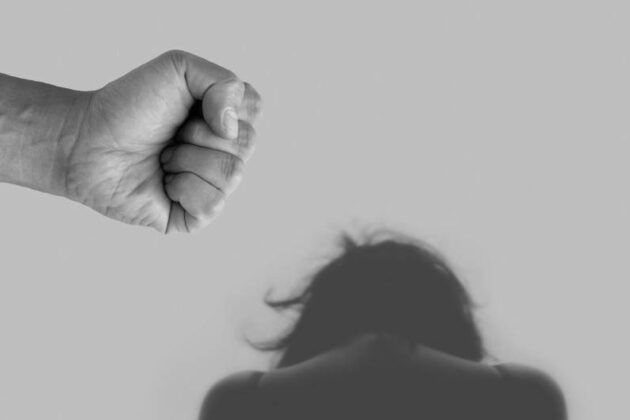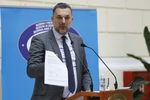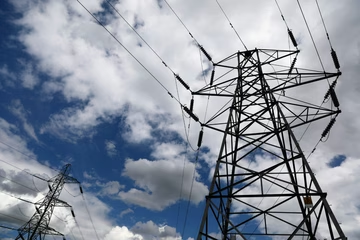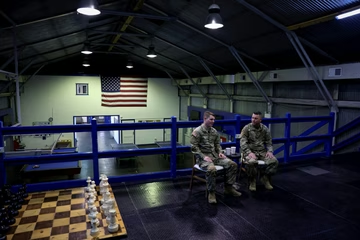UN Women Rep urges FBiH entity to adopt new legislation on domestic violence

UN Women Representative in Bosnia, David Saunders, urged the government of Bosnia’s Federation (FBiH) entity to adopt changes to its legislation in order to ensure that all women have equal access to protection from and prevention of domestic violence.
Oglas
Više tema kao što je ova?
Kakvo je tvoje mišljenje o ovome?
Učestvuj u diskusiji ili pročitaj komentare
Oglas
Kakvo je tvoje mišljenje o ovome?
Učestvuj u diskusiji ili pročitaj komentare
Oglas





 Srbija
Srbija
 Hrvatska
Hrvatska
 Slovenija
Slovenija



























































